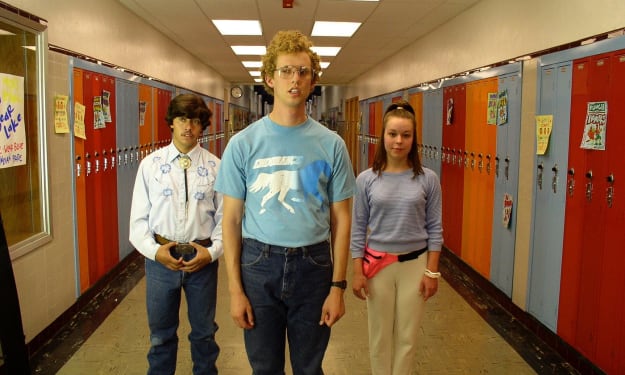The Moral Labyrinth: A Journey Through “Crime and Punishment”
How Dostoevsky’s Masterpiece Changed My Understanding of Ethics, Individualism, and Redemption

Reading "Crime and Punishment" by Fyodor Dostoevsky was a transformative experience for me, largely because it engages deeply with fundamental human questions—of morality, justice, and the internal conflicts that define us. Originally published in 1866, the novel plunges into the psyche of Raskolnikov, a young, impoverished student in St. Petersburg, who convinces himself that he is an extraordinary man, above conventional ethics and laws. This delusion drives him to murder an old pawnbroker, an act that becomes the catalyst for a grueling journey through guilt, torment, and eventual spiritual awakening.
In its meticulously crafted characters and settings, the book presented an intricate labyrinth of moral complexity, where easy answers were elusive and a wrong decision could lead to existential despair. I found myself mesmerized not just by Raskolnikov’s internal wrestling but also by how others, from his mother and sister to the shrewd Inspector Porfiry, reacted to him. Dostoevsky, it seemed, was pushing the reader to confront the disquieting ambiguity that haunts the human soul.
The concept that struck me the most was Dostoevsky's exploration of the "Ubermensch," or "Superman," an idea presented years before Nietzsche formally conceptualized it. Raskolnikov believes that certain extraordinary people are above the moral laws that govern ordinary men. He convinces himself that by murdering the pawnbroker, who he views as a parasite on society, he can liberate his potential for greatness and use her money for good deeds. Yet the moment the crime is committed, Raskolnikov's intricate ideological edifice crumbles under the weight of his conscience. The act fails to liberate him; instead, it imprisons him in a cell of guilt and mental anguish.
Through this psychological collapse, I realized how hazardous it is to elevate oneself above moral law or community. The book acted as a counter-narrative to the glorification of individualism that is so often propagated. It reminded me that our actions reverberate in a social fabric woven tightly with ethical threads, and when we cut even one of these threads, the whole fabric can start to unravel.
Moreover, Raskolnikov’s ultimate redemption comes through his acceptance of his crime and his resulting punishment. It is his connection to Sonia, a character of unshakable faith and moral integrity, that guides him back to humanity. Her unwavering belief in redemption shows Raskolnikov, and the reader, the transformative power of compassion, empathy, and love. Sonia’s actions prompted me to consider the nature of forgiveness and the idea that, no matter how far we have fallen, there is always a path back, always a chance for redemption.
So, what changed in me? Reading "Crime and Punishment" made me more aware of the ethical dimensions of everyday choices, large or small. It cautioned me against the dangers of self-deception and moral relativism. Most importantly, it enriched my understanding of the inalienable human need for love, compassion, and community. In a world increasingly swayed by individualism and moral ambiguity, Dostoevsky’s masterpiece served as a poignant reminder that the essence of humanity lies in our shared moral landscape and our capacity for empathy and redemption.
About the Creator
Stevie Johnson
I write about things that I'm interested in. I'm Greek, I'm a Gamer, and I'm a Bitcoin enthusiast.






Comments
There are no comments for this story
Be the first to respond and start the conversation.